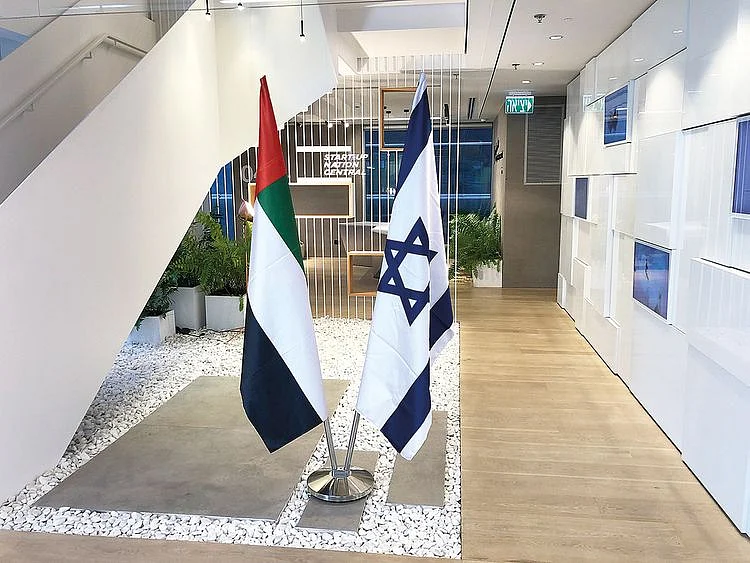Dubai: The Holocaust will be taught in UAE schools, the UAE Embassy in the US has announced citing Times of Israel, which also quoted Dr. Ali Rashid Al Nuaimi, Head of the Federal National Council (FNC) Delegation, as saying.
In a tweet posted on its official page, the Embassy said: “The UAE will include the Holocaust in the curriculum for primary and secondary schools.”
According to the embassy, the content of the Holocaust studies will be developed in collaboration with Israel's official Holocaust Memorial Yad Vashem in Jerusalem and will be included in the curriculum of primary and secondary school students.
The US Special Envoy to Monitor and Combat Antisemitism (SEAS) Amb. Deborah E. Lipstadt, welcomed the UAE’s decision, saying: “Pleased to see this important step by the United Arab Emirates. Holocaust education is imperative for humanity and too many countries, for too long, continue to downplay the Shoah for political reasons. I commend the UAE for this step and expect others to follow suit soon,”.
“It is crucial to commemorate the victims of the Holocaust,” Dr. Ali Al Nuaimi, a member of the UAE Federal National Council and mediator of the Abraham Accords, said at a November event in Washington. “Public figures failed to tell the truth because a political agenda hijacked their narrative, while a tragedy of the magnitude of the Holocaust is not just aimed at Jews, but at humanity as a whole," he added.
What is Holocaust?
The word ‘holocaust’ comes from ancient Greek and means ‘burnt offering’. Even before the Second World War, the word was sometimes used to describe the death of a large group of people, but since 1945, it has become almost synonymous with the systematic murder of Europe's Jews by the Nazis and their collaborators during the Second World War.
The move comes two years after the signing of the Abraham Accords between Israel and the UAE. The UAE and Israel signed the historic agreement in September 2020. The Abraham Accords have led to new forms of cooperation in the Middle East and beyond. The signatories are committed to advancing these agreements to promote regional security, prosperity, and peace for years to come.
Since the Accords were signed, people-to-people contact is flourishing and generating activity across all areas – from business deals to cultural exchanges, healthcare partnerships and joint scientific initiatives.
Sign up for the Daily Briefing
Get the latest news and updates straight to your inbox
Network Links
GN StoreDownload our app
© Al Nisr Publishing LLC 2026. All rights reserved.
